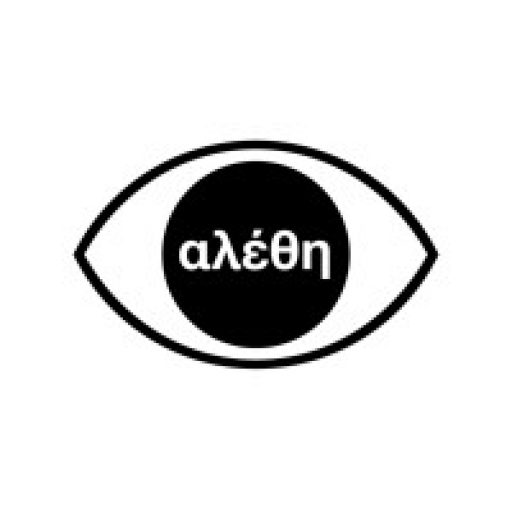I first came across this idea in Bernard Lietaer’s The Future of Money. In it Lietaer — one of the architects of the euro — describes how, in ancient Mesopotamia, the temple distributed clay tokens that entitled the bearer to a certain amount of barley. Some writers — beginning with Herodotus — have linked these tokens to “sacred prostitution”: the idea that men might redeem them for sex with temple priestesses.
When I dug deeper, I realised the historical evidence for that is thin. But I also realised it didn’t matter much whether it literally happened. Money is always more than an economic tool — it’s an object of desire, and that desire is symbolic.

Think of how many men, when asked what they would do if they won the lottery, immediately imagine paying for sex — whether through prostitution, affairs, or simply “buying freedom” in their relationships. That instinct captures exactly what Lietaer was pointing to: money is never just about food on the table.
The barley tokens weren’t about survival alone. Humans, like other animals, can get food without a temple economy. These tokens represented something more ambitious — a surplus, the ability to acquire more than you strictly needed.
In the Epic of Gilgamesh — often called the first story in world literature and deeply tied to Mesopotamian identity — the wild man Enkidu becomes civilised when a temple woman, Shamhat, sleeps with him for seven nights straight. This episode is central in the world’s first great story because it signals what Mesopotamians themselves saw as the origin of it all: sex drawing the human animal into a web of desire and obligation that goes beyond mere hunger. Civilisation begins when desire outgrows necessity.
The first bank
The Mesopotamian temple functioned like a great maternal storehouse. The goddess embodied the grain, the fertility of the land, the power to nourish. Holding a temple token was like holding a promise from a divine Mother. You could imagine the satisfaction of redeeming it, much as a modern person might daydream about cashing a cheque, or finally using saved-up loyalty points. In such a setup, the power is centralised. Just as a wife in a traditional household might require her husband to come home for meals (and sex), the temple required tokens to be redeemed at the temple. The man couldn’t simply take his barley credit elsewhere.
Now imagine you’re a man bringing barley to the temple. You can be paid in a temple token, which forces you to return to the temple for your reward, or in a silver coin, which you can spend anywhere. Which would you prefer? For men, the coin might look like freedom — the chance to “spread their seed” beyond the household, just as it lets them spend beyond the temple’s control. But that freedom is relative. The wife who accuses another woman of being a prostitute is projecting her own situation: she too exchanges intimacy for resources, but in a form that ties the man to her. The “prostitute” simply accepts the transaction in silver instead. In doing so she identifies with the projection, embodying the wife’s own hidden truth.
Competing wives
And here lies the deeper point: the freedom in precious metals doesn’t just belong to the man who spends them, but also to the “goddess” who hoards them. Just as the temple might issue clay tokens domestically but accept silver or gold in external trade, so too today do national banks issue credit as tokens while storing bullion in their vaults. The metals are the reserve, the proof of external power, sovereignty, independence, while the tokens bind ordinary people to the centre.

This tension plays out politically as well. In ancient stories — in Greece, for instance — women withhold sex to prevent men from going to war. In Lysistrata, they do it quite deliberately: if you want access to me, you stop fighting. Sex, like food, can be withheld or granted as a way of shaping behaviour. The temple system worked in a similar way. By controlling the form of payment — the token — the temple controlled where the man could spend it and, by extension, who he could spend it on. A token that must be redeemed in the temple keeps desire within the household of the goddess. A coin that can be spent anywhere risks letting it wander — and yet the coin, too, ultimately finds its way back to the vaults of power.
Modern banking still echoes this seductive logic. Most money today is created as debt by centralised institutions. The loan is the token: you can use it, but you must eventually return to the source. Meanwhile, the precious metals that once symbolised open circulation and male expansion are locked away in national treasuries, just as they once were in the temples. We may think we live in a free market, but the basic structure hasn’t changed much in five thousand years. Money is still a promise, still bound up in desire and obligation, and still shaped by the politics of who controls access to “life’s abundance”.
